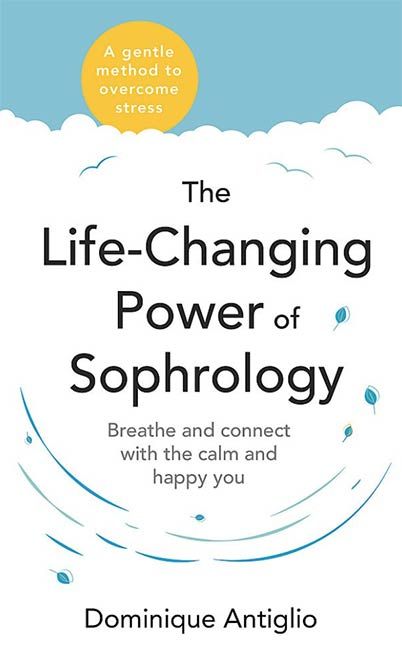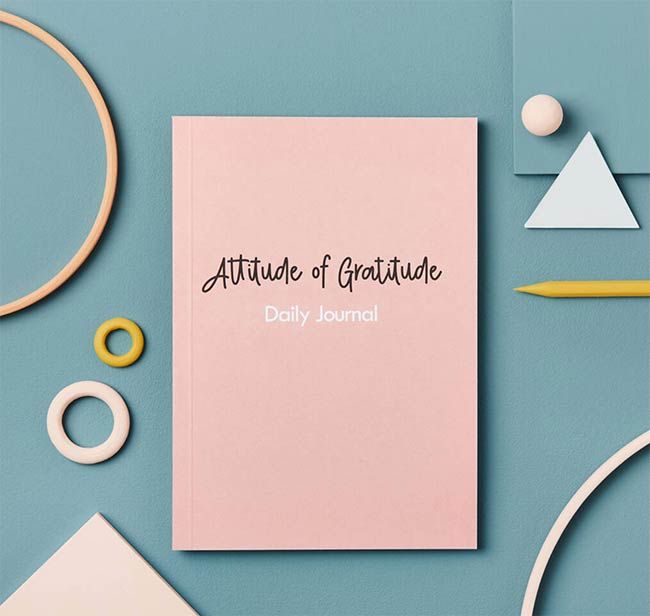As the world tries to adapt to the 'new normal' after the coronavirus lockdown, you might be heading back to the office in the coming weeks and feel anxious about the idea of being amongst co-workers and commuting to the office. We spoke to Dominique Antiglio, a Sophrologist expert (a popular self-help method to help manage stress, sleep better and discover mindful living), about how to manage the stress and anxiety about returning to work.
Cultivate the courage to change what is driving the anxiety
If you are coming up against real hurdles with your anxiety, use this transition time as your opportunity to verbalise it. Everybody – your boss, colleagues and company, will have been affected one way or another, so it’s an opportune and appropriate time to share your thoughts, insights, learning, wants and needs. In fact, companies are actively welcoming feedback, so be confident about making clear what your needs are at work, how change can be beneficial to the company, and put boundaries in place where you need to. This could take shape in the form of delegating workload when it gets too busy to handle, or heading home at a certain time so you’re not working long hours. Verbalising your thoughts can help to build your confidence and give you back a sense of control when everything else may be chaotic. This is a healthy approach to managing the anxiety - nobody should be going back onto auto-pilot to exactly what they were doing before.
RELATED: 9 essential items you need to cope with the new no-kitchen rules
Dominique Antiglio is a qualified and globally sought-after Sophrologist and best-selling author
Try not to let your mind run away with thoughts
One of the best techniques you can implement to keep this anxiety at bay is to make the effort to stay in the present moment, the reason being that this form stress and anxiety focuses on the unknown and uncertainty – whether about the safety of your environment, or how your day-to-day role has now changed and old routines no longer work. Once the mind latches onto these fears, thoughts can escalate very quickly and you could end up catastrophising about something that hasn’t even happened, causing a lot of unnecessary stress. Nobody knows how this will unfold, but we also never know this in everyday life anyway - pandemic or not. Therefore, the perception that something could go terribly wrong tomorrow is something to watch and be careful of.
The Life-Changing Power of Sophrology: A practical guide to reducing stress and living up to your full potential, £10.78, Amazon
SHOP NOW
Have an anchor or a ‘constant’ at home or work that you reminds you of routine
As creatures of habit, we crave consistency and routine, so returning to an environment where norms no longer apply, working practices have changed, not all work colleagues are present, communication and interaction are at a distance or digitised, can throw us off our sense of ‘belonging’, we might even start to question our ability to perform at work. So having an anchor that we can return to – making a cup of tea around the same time, going for a short walk during the day, finding 10 minutes for yourself in a meeting room to practice some calming breathing - will help you create a sense of routine and make you feel more in control during a time of change
RELATED: 10 best face masks for the office: The back to work accessory for the boardroom
Keep a gratitude journal
Getting into the habit of being grateful for all the wonderful things you have around you is a brilliant way of counteracting the anxiety. Each morning, by simply writing down at least one thing (or three things or more ideally!) that you are grateful for that day is going to remind you of the best things in life even when the anxiety may be making you feel like your worst. And when you feel like you might be dwelling on the anxiety, consciously try to flip that thought so instead, you can dwell on the things you are grateful for instead.
Gratitude Journal, £9.95, NotOnTheHighStreet
SHOP NOW
SHOP: Back to Work safety essentials
Don’t rush it!
Going back to work doesn’t mean you now need to play catch-up! The fear of not being able to keep up may be a factor behind your anxiety, but this reframe this as a time for questioning and learning, taking the time to do things well and efficiently instead of quickly. Doing this allows you to take pride in your work, and if you care about what you are doing, you can become less fearful of it! Trust that there will be a certain level of perspective that we all need to gain from this, and that perspective will only come with time – so there’s no need to rush. Look after yourself and look after lifestyle, so you can be in the spirit of change in the most positive way instead of feeling like you’re just reacting to it at every opportunity.
What is Sophrology?
To help you stay in the present moment, try practising Sophrology – a form of dynamic meditation that uses calming breathing techniques, movement, visualisation and grounding – a combination of movement and meditation techniques, that brings you into presence quickly and effectively.
The Sophrology exercise to try for beginners
Here’s a Sophrology technique called The Pump to help you release pent-up stress and anxiety when your mind starts to run away or catastrophise.
Step 1
Stand tall, close your eyes, allow your arms to fall by your sides.
Step 2
Mentally locate where in the body you feel the stress, anxiety or tension, and clench your fists.
Step 3
Exhale through your mouth, take a deep breath in through your nose, and hold the breath.
Step 4
Now ‘pump’ both your shoulders up and down until you need to breathe out – this pumping action helps to oxygenate the brain.
Step 5
As you exhale, allow your clenched fists to relax, visualising all your tension and anxiety draining out through your fingertips.
Step 6
Repeat the process for as long as you need to release any lingering agitation.
Dominique Antiglio is a Sophrologist at BeSophro clinic.
MORE INFORMATION: Where to access mental health support and resources: A helpful guide
HELLO!'s selection is editorial and independently chosen – we only feature items our editors love and approve of. HELLO! may collect a share of sales or other compensation from the links on this page. To find out more visit our FAQ page.











